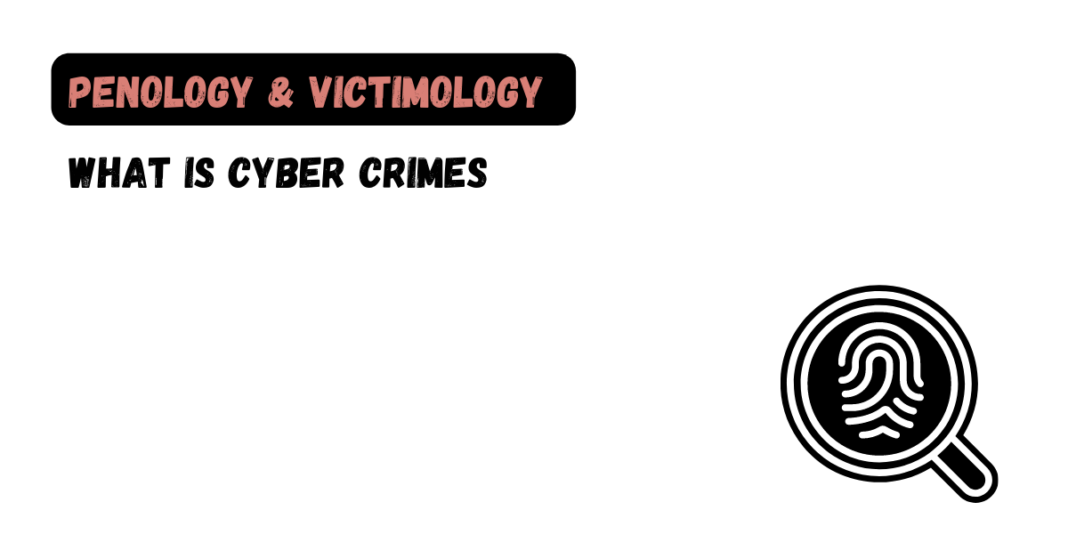Cybercrime, also known as computer crime or internet crime, refers to illegal activities carried out using computers, computer networks, or the internet as the primary means of committing offenses. These crimes are committed by individuals or groups who exploit technology to gain unauthorized access, cause damage, steal sensitive information, or engage in fraudulent activities for financial gain or other malicious purposes.
Common Types of Cyber Crimes
- Hacking: Unauthorized access to computer systems, networks, or websites to steal information, disrupt operations, or cause damage.
- Malware Attacks: Spreading malicious software (malware) like viruses, worms, ransomware, or spyware to compromise computer systems and steal data.
- Phishing: Deceptive emails, messages, or websites used to trick individuals into revealing personal information, such as passwords or financial details.
- Identity Theft: Stealing personal information (e.g., social security numbers, credit card details) to assume another person’s identity for fraudulent purposes.
- Online Fraud: Engaging in deceptive practices to defraud individuals or businesses through fake websites, online auctions, or investment scams.
- Cyberbullying: Harassment, intimidation, or threatening behavior directed at individuals online, often through social media or messaging platforms.
- Denial of Service (DoS) Attacks: Overloading a website or network with excessive traffic to make it inaccessible to legitimate users.
- Data Breaches: Unauthorized access or exposure of sensitive information, such as personal records, financial data, or corporate secrets.
- Cyber Espionage: Stealing sensitive information from government agencies, businesses, or organizations to gain a competitive advantage or political advantage.
- Child Exploitation: Using the internet to produce, distribute, or access explicit materials involving minors.





